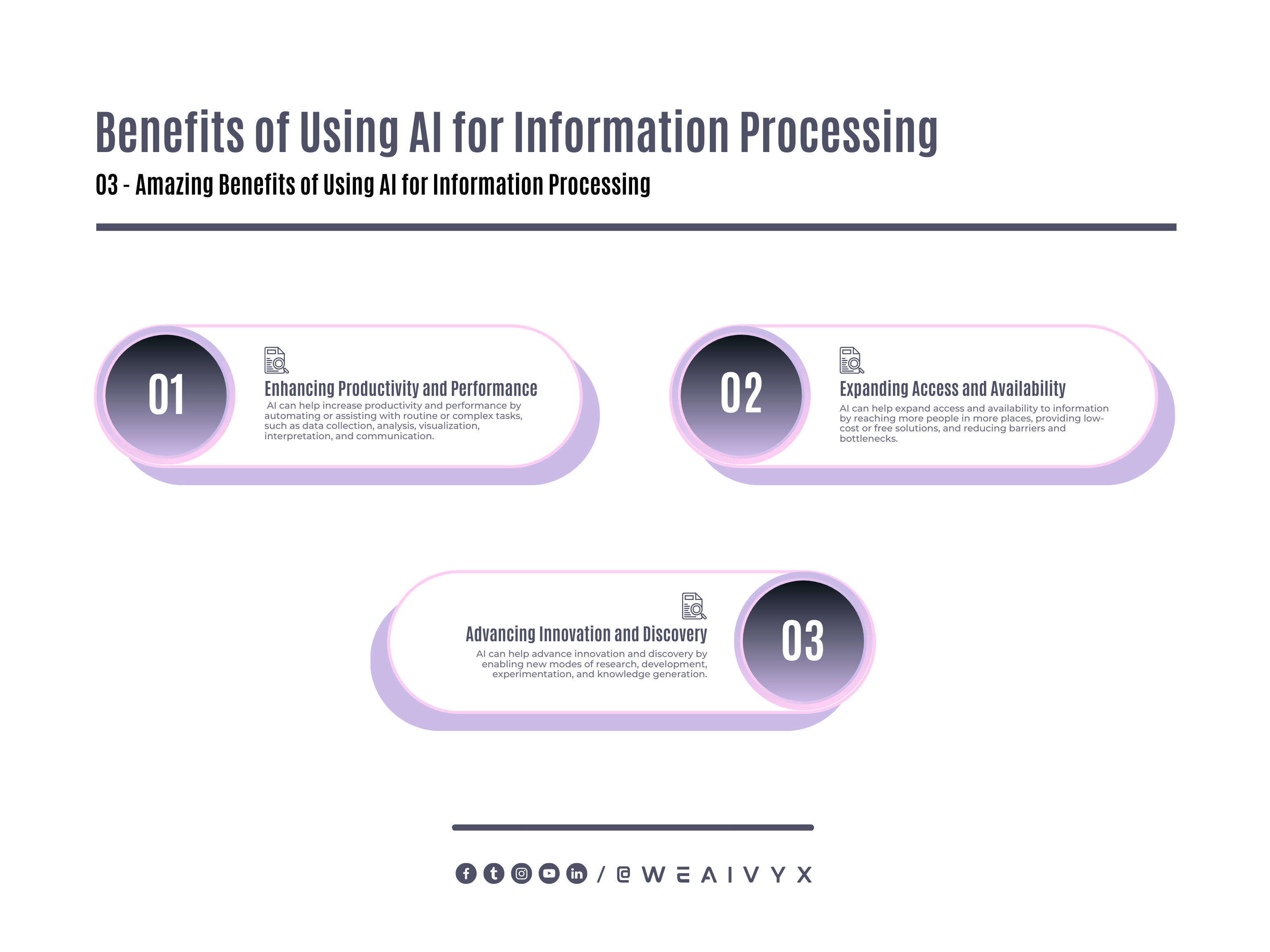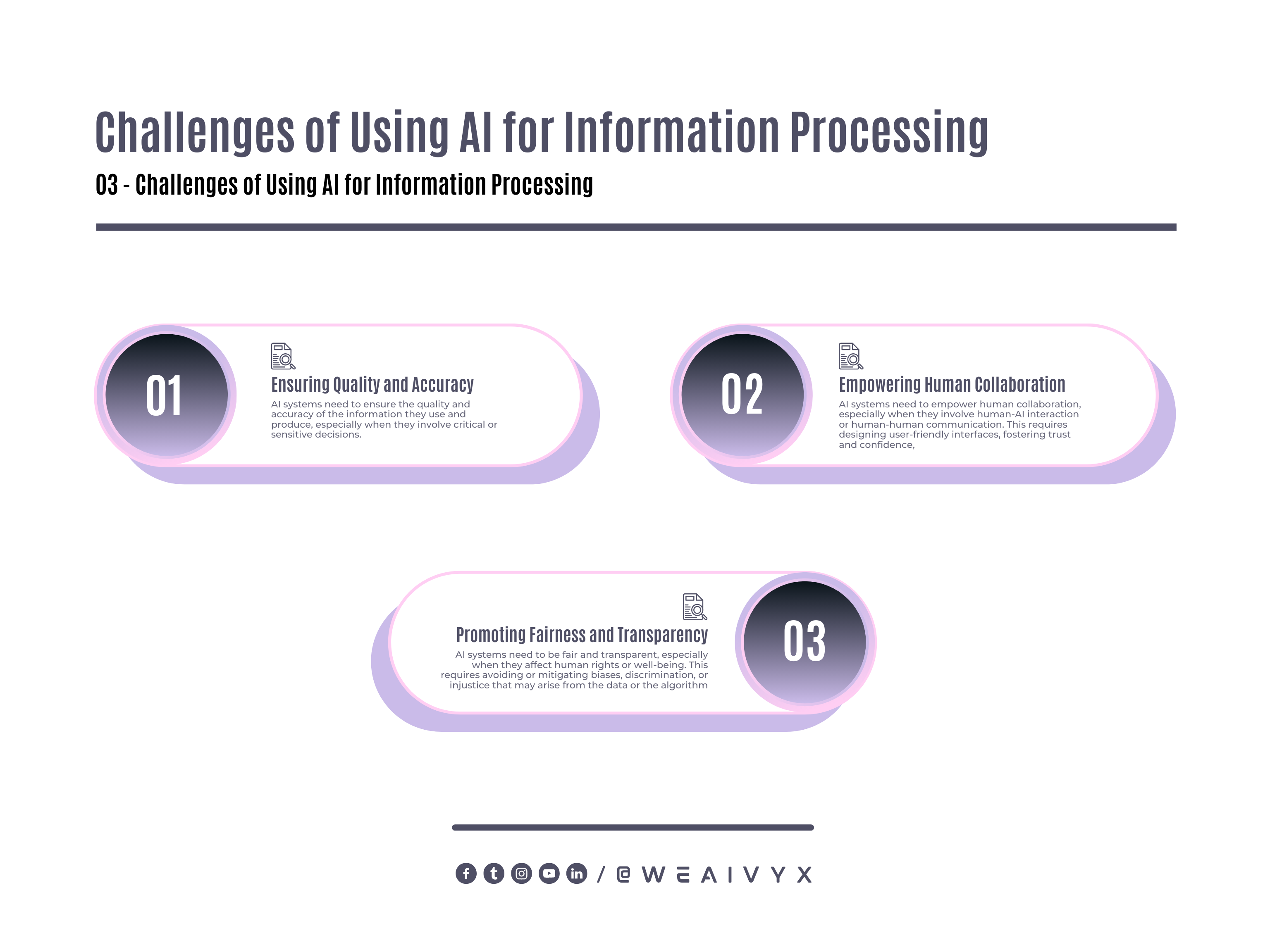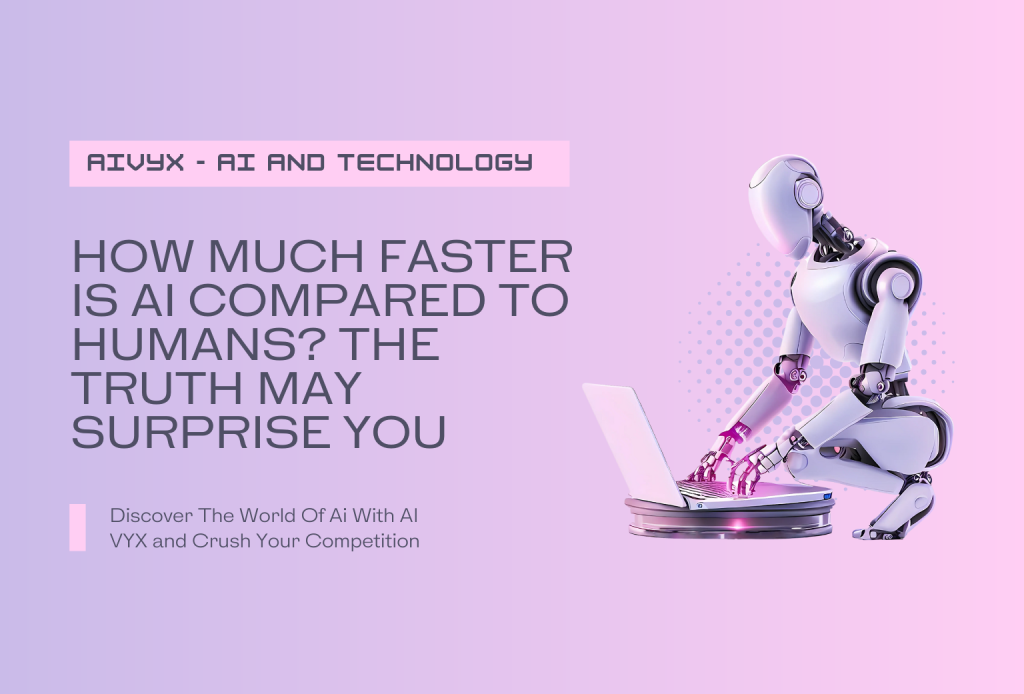Artificial intelligence (AI) is one of the most powerful and disruptive technologies of our time, offering new possibilities for innovation, productivity, and efficiency across various domains and industries.
But how does AI compare to human intelligence when it comes to speed and performance?
Can AI outpace humans in processing information, making decisions, and solving problems?
Or is AI still far from matching or surpassing human capabilities and potential?
In this blog post, we will explore the current state of AI in terms of speed and performance, the benefits and challenges of using AI for different tasks and purposes, and the future direction of AI-human collaboration.
What is AI and How Does it Work?
AI is a broad term that refers to the ability of machines or software to perform tasks that normally require human intelligence, such as reasoning, learning, decision-making, and problem-solving.
AI can be applied to various domains and industries, such as healthcare, education, finance, manufacturing, entertainment, and more.
AI systems typically use a branch of AI called machine learning, which involves training algorithms on large datasets to learn patterns and features that are relevant to a specific task.
For example, a machine learning algorithm can be trained on thousands of images of cats and dogs to learn how to classify them correctly.
Machine learning can be further divided into subcategories, such as supervised learning, unsupervised learning, reinforcement learning, and deep learning.
Supervised Learning involves providing labeled data to the algorithm, such as images with captions or texts with categories.
Unsupervised Learning involves providing unlabeled data to the algorithm, such as images without captions or texts without categories.
Reinforcement Learning involves providing feedback to the algorithm based on its actions or outcomes, such as rewards or penalties.
Deep Learning involves using neural networks, which are composed of layers of interconnected nodes that mimic the structure and function of the human brain.
How Much Faster Is AI Compared to Humans?
One of the main questions that arise when discussing AI is how much faster it is compared to human intelligence.
This question is not easy to answer, as it depends on many factors, such as the type and complexity of the task, the quality and quantity of the data, the design and evaluation of the algorithm, and the context and setting of the application.
However, several studies have attempted to measure and compare the speed and performance of AI and humans in various tasks, especially in the field of information processing.
These studies have shown mixed results, with some finding that AI can achieve much faster or higher levels of speed and performance than humans, while others find that humans can still outperform or complement AI in some aspects.
Studies Claiming AI Superdceeds Human Capabilities
A Study by Stanford University
A recent study by Stanford University found that AI is outpacing Moore’s Law, which states that the number of transistors on a microchip doubles every two years.
The study measured the speed of AI systems in terms of floating-point operations per second (FLOPS), which are common units for measuring computational power.
The study found that between 2012 and 2018, the speed of AI systems increased by a factor of 300,000 times, while Moore’s Law predicted only a 12-fold increase in the same period.
A Study by McKinsey & Company
Another study by McKinsey & Company found that AI can perform some tasks much faster than humans, as it can process information billions of times faster than us, enabling it to make decisions quickly.
The study also found that AI can work tirelessly for long hours without breaks, whereas humans need to take breaks to avoid fatigue.
Additionally, the study found that AI can process and analyze large amounts of data much faster than humans can, meaning that it can come to more accurate conclusions and recommendations.
Studies Claiming Humans Can Still Outperform AI
However, not all studies have shown such positive results for AI. For instance,
A Study by MIT Technology Review
A study by MIT Technology Review found that humans learn faster than AI, especially when they face new or unfamiliar situations.
The study used video games as a testbed for comparing human and AI learning abilities.
The study found that humans can quickly adapt to new games by using their background knowledge and intuition, whereas AI systems struggle to generalize or transfer their skills across different games.
A Study by Forbes
Another study by Forbes found that humans are smarter than AI, especially when it comes to creativity, empathy, and ethics.
The study argued that humans can generate novel and original ideas, solutions, and products that AI cannot, as AI systems are limited by the data and algorithms they use.
The study also argued that humans can understand and relate to other humans better than AI can, as AI systems lack emotions, feelings, and values.
The study also argued that humans can make ethical and moral decisions better than AI can, as AI systems may not be aware of the consequences or implications of their actions.
These studies highlight some of the advantages and disadvantages of using AI for information processing, as well as the trade-offs and synergies between AI and human intelligence.
AI can offer speed, efficiency, consistency, and scalability, while humans can offer adaptability, creativity, empathy, and ethics.
What Are the Benefits and Challenges of Using AI for Information Processing?
Despite these advantages and disadvantages, there is no doubt that AI has great potential to improve information processing in various domains and industries.
Some of the benefits of using AI for information processing include:
Enhancing Productivity and Performance: AI can help increase productivity and performance by automating or assisting with routine or complex tasks, such as data collection, analysis, visualization, interpretation, and communication.
Expanding Access and Availability: AI can help expand access and availability to information by reaching more people in more places, providing low-cost or free solutions, and reducing barriers and bottlenecks.
Advancing Innovation and Discovery: AI can help advance innovation and discovery by enabling new modes of research, development, experimentation, and knowledge generation.

However, using AI for information processing also poses some challenges and risks that need to be addressed and mitigated.
Some of the challenges and risks of using AI for information processing include:
Ensuring Quality and Accuracy: AI systems need to ensure the quality and accuracy of the information they use and produce, especially when they involve critical or sensitive decisions. This requires rigorous testing, validation, verification, and monitoring of the algorithms, as well as mechanisms for error correction, feedback, and accountability.
Empowering Human Collaboration: AI systems need to empower human collaboration, especially when they involve human-AI interaction or human-human communication. This requires designing user-friendly interfaces, fostering trust and confidence, enhancing skills and competencies, and respecting values and preferences.
Promoting Fairness and Transparency: AI systems need to be fair and transparent, especially when they affect human rights or well-being. This requires avoiding or mitigating biases, discrimination, or injustice that may arise from the data or the algorithm, as well as providing explanations, justifications, or interpretations of the algorithm’s decisions.

Conclusion
AI is a powerful and promising technology that can improve information processing in various domains and industries.
However, it is not without challenges and risks that need to be carefully considered and addressed.
The future of AI in information processing will depend on how we use it wisely and responsibly, how we balance its benefits and risks, how we address its limitations and challenges, and how we integrate it with other technologies and innovations.
We hope you enjoyed this blog post and learned something new about AI in information processing.
If you have any questions, comments, or suggestions, please feel free to share them below. We would love to hear from you. Thank you for reading!
